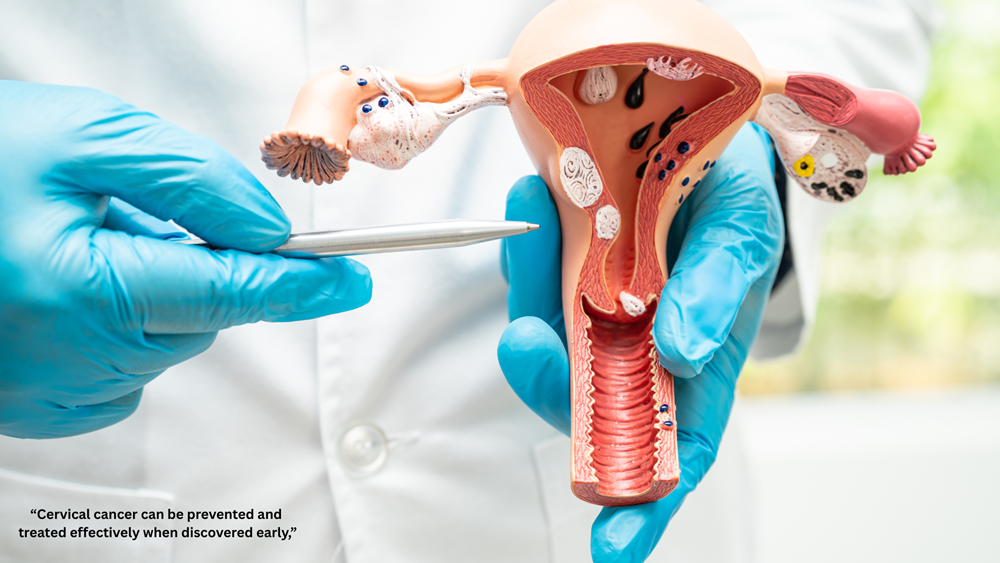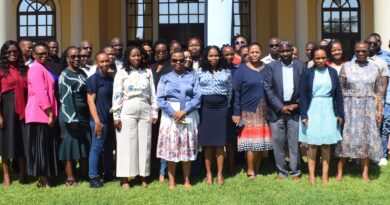HPV Vaccine Hesitancy Threatens Africa’s Cervical Cancer Elimination Goals
Despite the proven efficacy of Human Papillomavirus (HPV) vaccines in preventing cervical cancer, sub-Saharan Africa continues to face alarmingly low vaccination rates, raising public health concerns amid growing vaccine hesitancy.
According to the latest Vaccine Confidence Report released by MSD and Prof. Hannelie Meyer, Head of the South African Vaccination and Immunisation Centre, 71% of South Africans surveyed were hesitant to receive at least one of the vaccines available in the country. The findings were presented during the European Society of Clinical Microbiology and Infectious Diseases conference and the SSA HPV Media Roundtable, coinciding with World and Africa Immunisation Week (April 24–30).
Cervical cancer, primarily caused by persistent HPV infection, is one of the leading causes of cancer-related deaths among women in the region. The World Health Organization (WHO) notes that 94% of global cervical cancer deaths occur in low- and middle-income countries—with sub-Saharan Africa carrying a disproportionate share of this burden.
Alarmingly, the HPV prevalence rate among young African women under 25 stands at 43.9%, more than double the global rate of 19.2%. In countries like Ghana, cervical cancer kills around 2,000 women annually, while in Rwanda, over half of women under 19 tested HPV-positive before the rollout of a national vaccination campaign.
Experts warn that misinformation, cultural beliefs, and access issues are driving vaccine hesitancy. “Despite overwhelming scientific evidence, myths and mistrust persist,” said Prof. Meyer. “We must counter fear with facts and improve vaccine accessibility.”
A regional study published in Scientific Reports in 2023 found that only 10% of respondents across Ghana, Kenya, Nigeria, South Africa, Tanzania, and Uganda had received at least one HPV shot. South Africa recorded the highest hesitancy rate at 17.15%, while Kenya showed the lowest at 8.3%.
Misinformation, particularly through digital platforms, is identified as a key contributor to this hesitancy. Reduced funding and shifting global priorities have further strained immunisation programmes. “When misinformation and resource constraints disrupt these efforts, we risk undoing decades of progress,” warned Dr. Alima Essoh, Regional Director at AMP Africa.
To achieve WHO’s goal of eliminating cervical cancer as a public health issue by 2030—by ensuring 90% of girls are fully vaccinated by age 15—health experts are advocating for innovative, community-driven solutions. Dr. Sabrina Kitaka of Makerere University emphasized the success of engaging methods such as comic books, school-based programmes, and digital reminders to increase vaccine uptake.
“This is a collective responsibility,” said Prof. Meyer. “Governments, civil society, and the private sector must work together to educate, build trust, and bring vaccination services closer to communities.”



